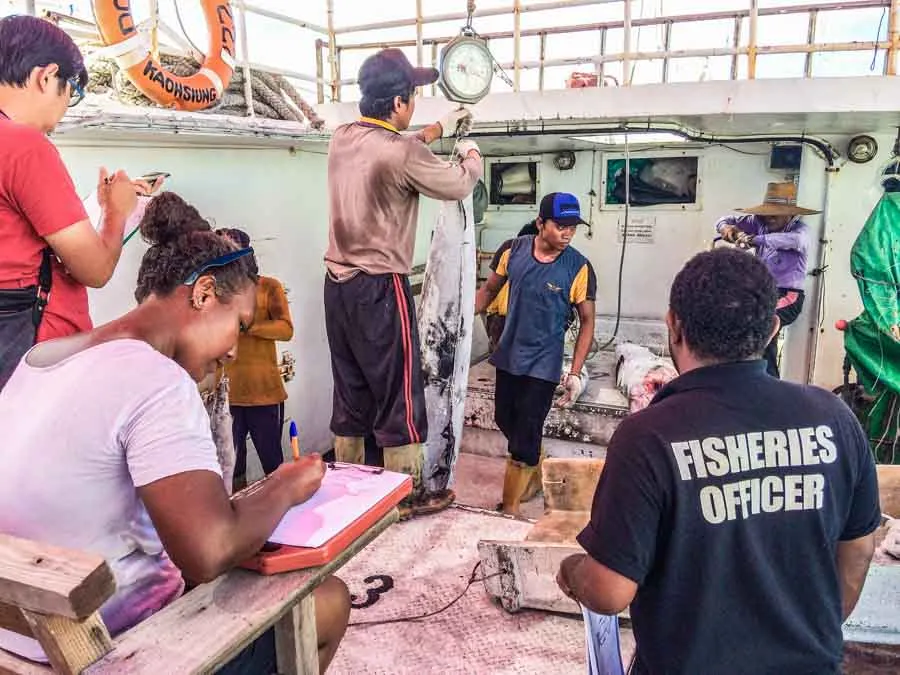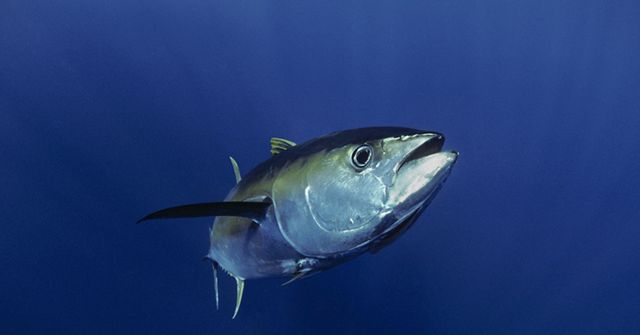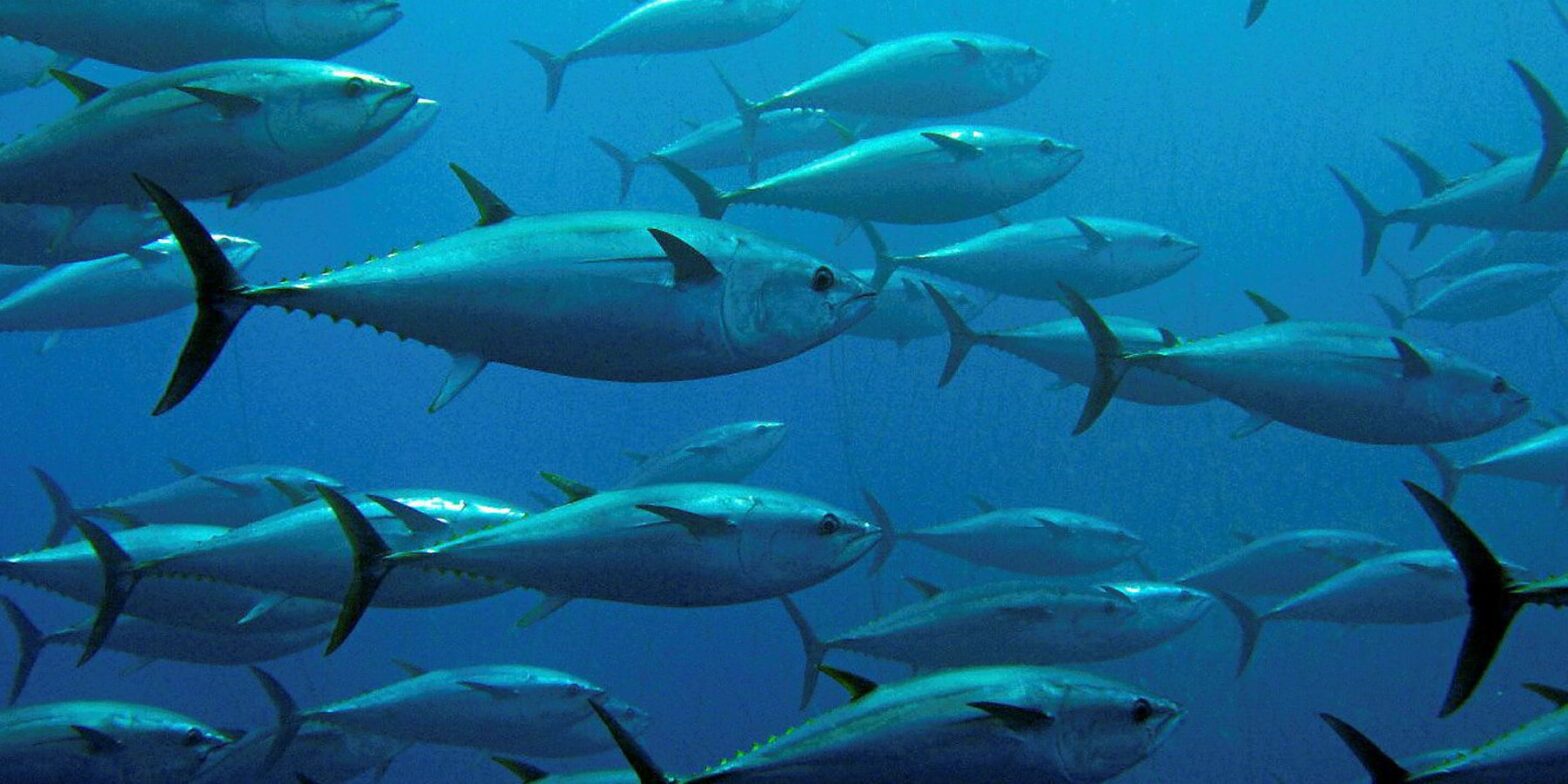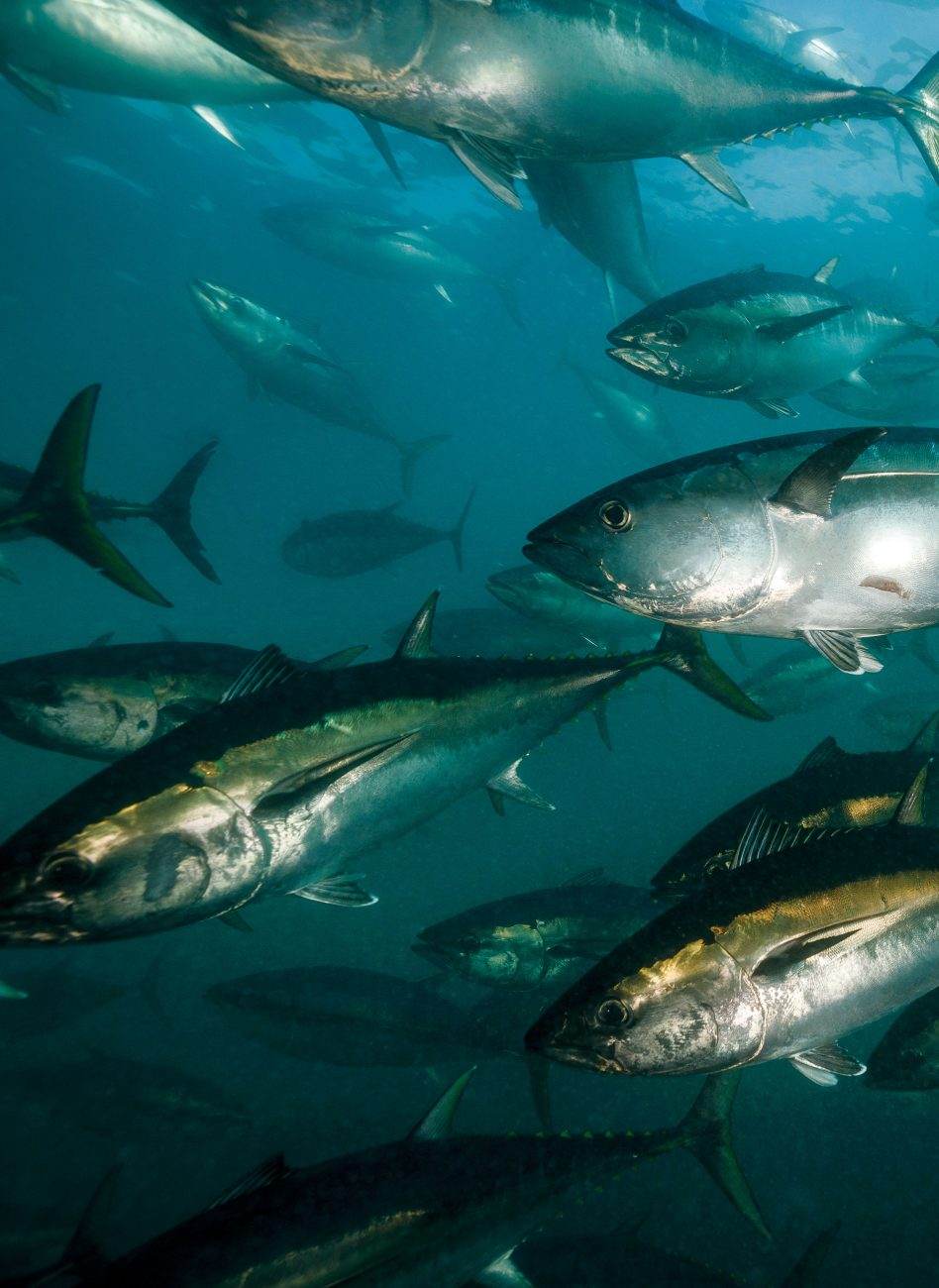A regional dialogue to prepare tuna fisheries sector to better address the human rights, gender and social inclusion issues in the Pacific region by using a human rights-based approach
A regional dialogue began Monday in Nadi, Fiji Islands led by the Pacific Islands Forum Fisheries Agency (FFA), under the European Union (EU) and the Government of Sweden funded Pacific-European Union Marine Partnership (PEUMP) Programme.
The Dialogue brings together representatives from different areas of the tuna fisheries sector – national government, the private sector/industry and civil society – to discuss the linkages between human rights issues such as working conditions at sea and in processing plants of the estimated 27,000 Pacific Islanders employed in the tuna fisheries sector, gender equality, social inclusion and productivity in this sector, a major source of government revenue for most FFA members. The dialogue aims to increase understanding on human rights, gender and social inclusion issues currently faced in the region and how the fisheries sector can better address these issues using a human rights-based approach and applying a gender and social inclusion lens to improve access to decent employment and working conditions in the tuna industry.
Dr Erja Askola, chargée d’affaires, acting head of Delegation of the European Union for the Pacific said: “The European Union and the Pacific have a common interest and responsibility to make sure that tuna fisheries are managed in a sustainable way. There is an important human dimension to this, notably in terms of labour rights, working conditions and gender equality. Not simply as a matter of ensuring full respect for basic human rights, but also as a prerequisite for economic development and social equity to the benefit of Pacific communities. The Pacific-EU Marine Partnership provides the means to address a full spectrum of sustainability issues from ‘hook to plate’.”
The Pacific’s tuna sector is of significant importance to livelihoods and for global food security being the source of more than half of the world’s tuna stock. The tuna industry is unfortunately highly gender-segregated with the harvest sector being dominated by men while women are predominately employed as line workers in the processing sector. Safety and health concerns, poor working conditions, challenges faced by migrant fishers, ambiguous recruitment processes and gender-blind workplaces are not only failing to meet human rights standards but will continue to impact negatively on the tuna industry’s effectiveness to attract workers, access overseas markets and maintain a good reputation.
“It is vital that the management and development of tuna fisheries is sustainable – biologically, economically and socially – and that the benefits and opportunities are equitably shared and accessed by all Pacific peoples. Promoting gender equality and social inclusion leads to better and more socially sustainable outcomes for all – the industry, government and, most importantly, our communities.” FFA Director General, Dr Manu Tupou-Roosen says.
Discussions will also address social inclusion of local communities engaged in the tuna fisheries sector – whether it be at-sea, or onshore – and that social issues such as domestic violence, sexual harassment, exploitation, and abuse which could increase public costs, are minimised.
The EUR 45 million PEUMP programme promotes sustainable management and sound ocean governance for food security and economic growth, while addressing climate change resilience and conservation of marine biodiversity. It follows a comprehensive approach, integrating issues related oceanic fisheries, coastal fisheries, community development, marine conservation and capacity building under one single regional action.
This story was originally published at FFA on 6 February 2023 by Samantha Mattila, reposted via PACNEWS.




